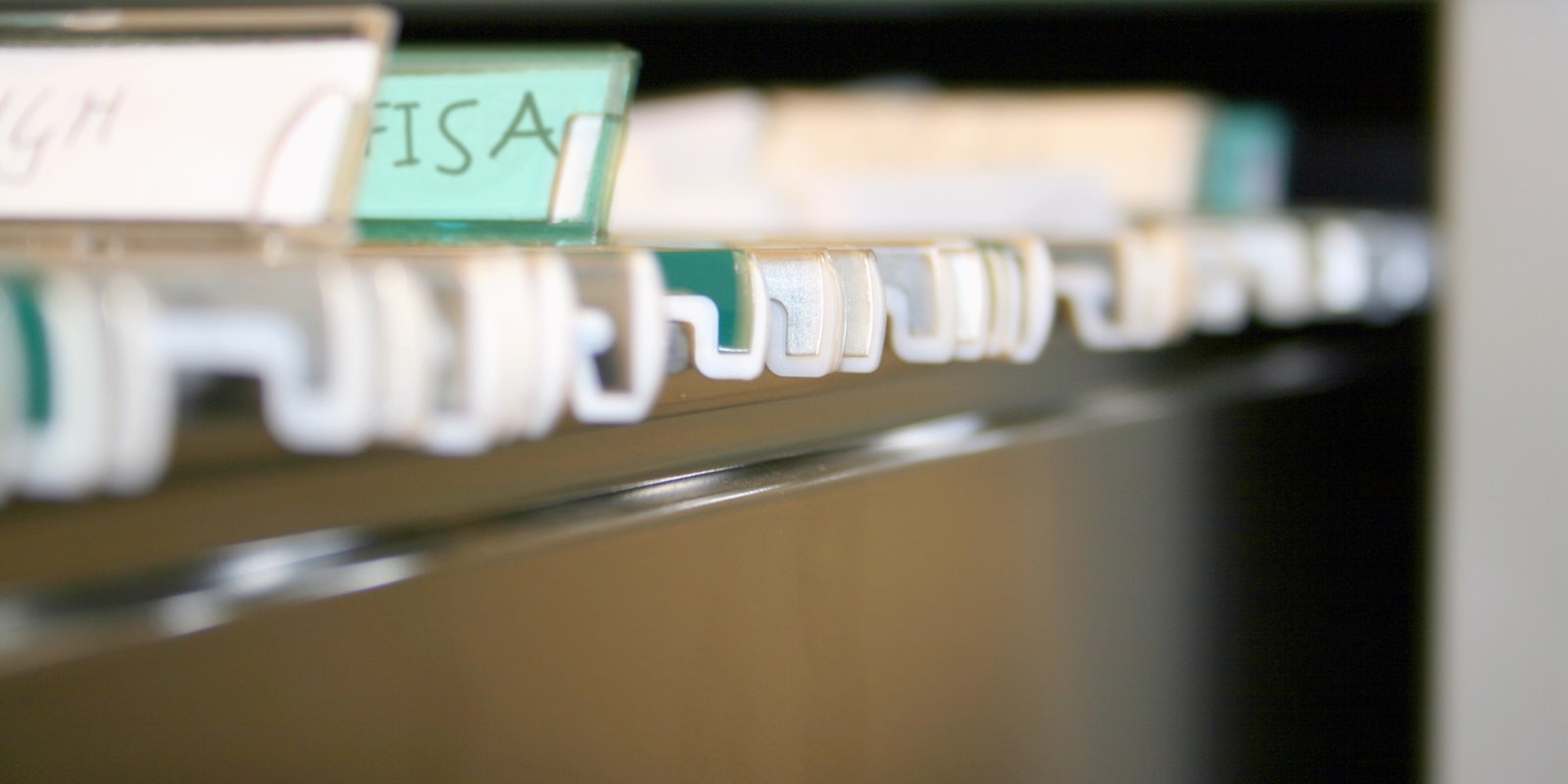Twitter is steamed at the Department of Justice for not letting it say how often it gets secret court demands for users’ data.
In a screed published alongside its new transparency report, Twitter counsel Jeremy Kessel vented his frustration that he can’t be clear about how often the FBI sends secret National Security Letters for Twitter users’ data, or the National Security Agency for its DMs.
“We think the government’s restriction on our speech not only unfairly impacts our users’ privacy, but also violates our First Amendment right to free expression and open discussion of government affairs,” Kessel wrote.
It’s clear that Kessel feels somewhat singled out. On Jan. 27, Deputy Attorney General James Cole gave permission to a handful of companies, including Facebook, Google, and LinkedIn, to get more specific in its transparency reports. They could now list them every six months, Cole declared, though they still could only refer to numbers in ranges of 1,000. Google, for instance, jumped at the opportunity and quickly published that from July to December of 2012 alone, it received classified requests on between 12,000 and 12,999 users.
But Twitter’s wasn’t among those given that permission. It’s also worth noting that the NSA‘s infamous, mysterious PRISM program, which allows the agency to tap tech companies for foreign users’ information, includes Google and Facebook but not Twitter. Kessel noted that if the company can’t find a way for the Department of Justice to give Twitter permission, it could take the case to court.
As evidenced by the broad numbers Twitter was able to show, the company is fairly obstinate. It doesn’t comply with government requests that often and honors U.S. requests a relatively low 70 percent of the time. It’s also ornery to foriegn governments. There are more than a dozen countries whose requests Twitter has never once honored.
Photo by mrmanc/Flickr (CC BY-SA 2.0) | Remix by Fernando Alfonso III


